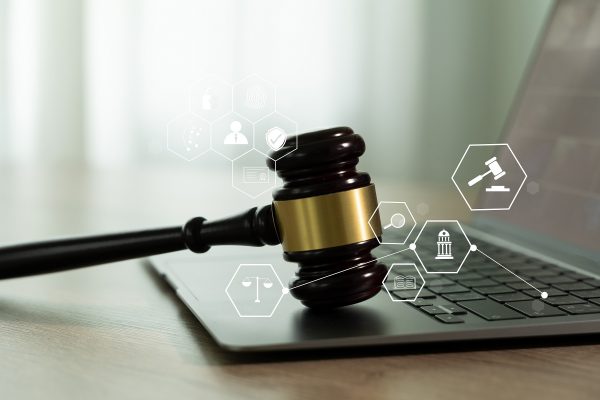Very recently, we had clients who received orders from the court that made us all blink twice, then scratch our heads, before banging said heads in frustration!
In a claim for under the £10,000 small claims limit, our client received an email purporting to come from a consumer, giving his bank details for a refund. Our client could seemingly show that they paid the account as requested, but the customer was adamant that they had not received it, so issued proceedings. We see increasing examples of email accounts getting “hacked” but the burden of proof in this case rests with the consumer. The court in its wisdom ordered the parties must jointly agree to instruct an expert in computer forensics to analyse the laptops of each party to determine the authenticity of the emails sent and received. The budget given by the court was £750. Our client also had to enquire with the bank as to whom was the true account holder of the account they had paid, and irrespective of the report of the forensic expert, each party still had to produce their laptops to the court at the final hearing.
We wondered if the FBI, M15 or similar would like to take on the work but, instead, we remain hopeful the parties will agree to settle rather than attempt adherence to the court’s “challenging” order.
In the second case, a fast-track court case, the parties had been instructed by the court to jointly agree an expert to instruct. The Claimant (consumer) wanted one of his local garages to be an expert, but this did not sit comfortably for obvious reasons. Upon objecting to the Claimant’s proposals, the court then ordered the Defendant (motor dealer) identify TEN experts for the Claimant to select from. The court also stated if joint instructions could not be agreed, the Claimant had to apply to the court and pay a fee for the court to give further directions.
Objections were made to the Claimant’s intended instructions as they were not restricting themselves to the issues as identified on the Particulars of Claim. They simply wanted a holistic inspection to see if there were any current issues with the car, 14 months after they alleged very broad “defects”. Instead of insisting the Claimant pay for a hearing to determine the appropriateness of the instructions, the court opted to write to the Defendant, giving them just 24 hours to either agree with the instructions or, if not agreed within 24 hours, the Claimant was allowed to send them in any event!
The case continues and some of you might well say: “devoid of any common sense…” We, on the other hand, simply swallow hard and say: “No comment!”

On average 55 vulnerabilities are identified daily.
What can I do?
Review your organisations priorities and ask ‘can we afford a breach?’. What do I do during an incident? Who do I involve? When do I involve the ICO?
If you’re unable to answers these questions, you need help from the experts.








